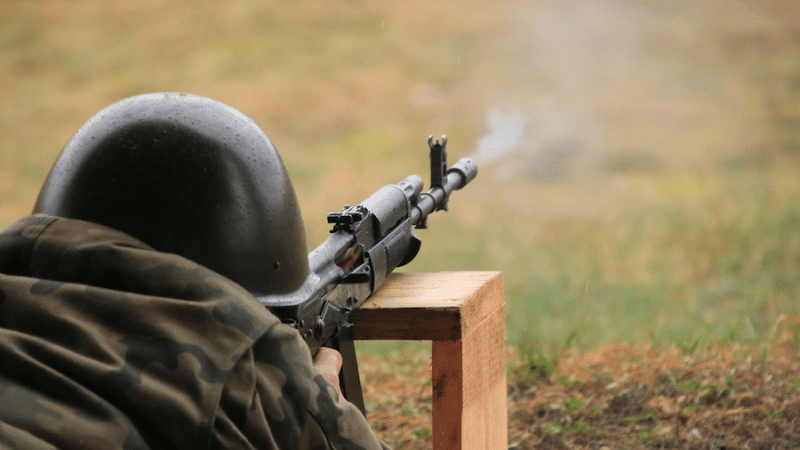- WIADOMOŚCI
Will the Polish Army Get a New Steel Helmet? The Ministry of Defence Has a Plan
Steel helmets will be replaced with composite ones, the Polish Ministry of Defence (MOD) confirms. However, since polymer materials lose their properties over time and helmets require replacement, the ministry is also exploring helmets made from new steel alloys.

Photo. 14dappanc
„We are completely moving away from steel helmets in favor of composite ones, which are safer and better suited to modern battlefields,” Deputy Minister of Defence Cezary Tomczyk said during a session of the parliamentary defense committee. The committee, at the General Staff of the Polish Armed Forces, was reviewing information on the Szpej and Tytan programs. „This year alone, we have fulfilled contracts for the delivery of nearly 80,000 composite helmets. We are focusing on development and modernization, which has resulted in plans to introduce the HBT-02 helmet from the Tytan program,” he added.
Deputy Minister Tomczyk and General Wiesław Kukuła, Chief of the General Staff, also discussed the lifespan of composite helmets, which is typically 10 years, with the possibility of extending it by two to three years.
„There are also new types of steel helmets on the market, made from completely different alloys. It would certainly be worth considering purchasing such helmets in the future, as they bear no resemblance to older designs and don’t have an »expiration date,«” Tomczyk said.
General Kukuła highlighted that after 10 years of use, polymer-fiber helmets „significantly increase their water absorption,” and tests show they provide reduced protection against shrapnel and less effective energy dispersion from bullets. He noted that further use of composite helmets after 10 years depends on the results of strength tests, which are costly.
As a result, the General stated, the rule will be to transfer older helmets to training units, where the risk of adverse effects for users is much lower.
„With a 300,000-strong army and a proportionally large reserve, maintaining such a number of Kevlar helmets is not economical in the long run. We have no choice but to decide on a new type of steel helmet. We are challenging our factories: think about it,” he urged industry representatives. He added that the Support Inspectorate is analyzing two foreign proposals, noting that steel helmets have „practically unlimited lifecycles.”















